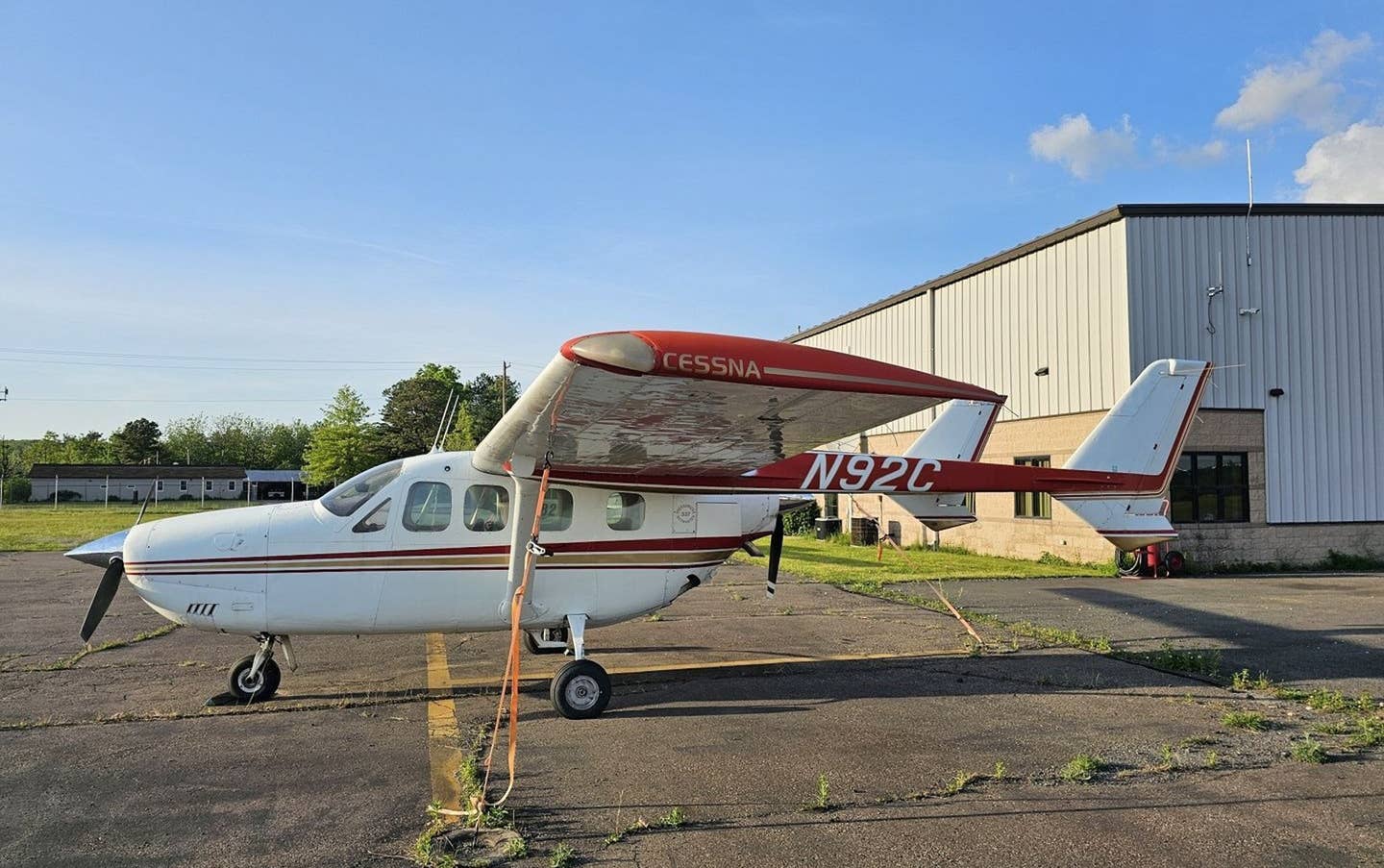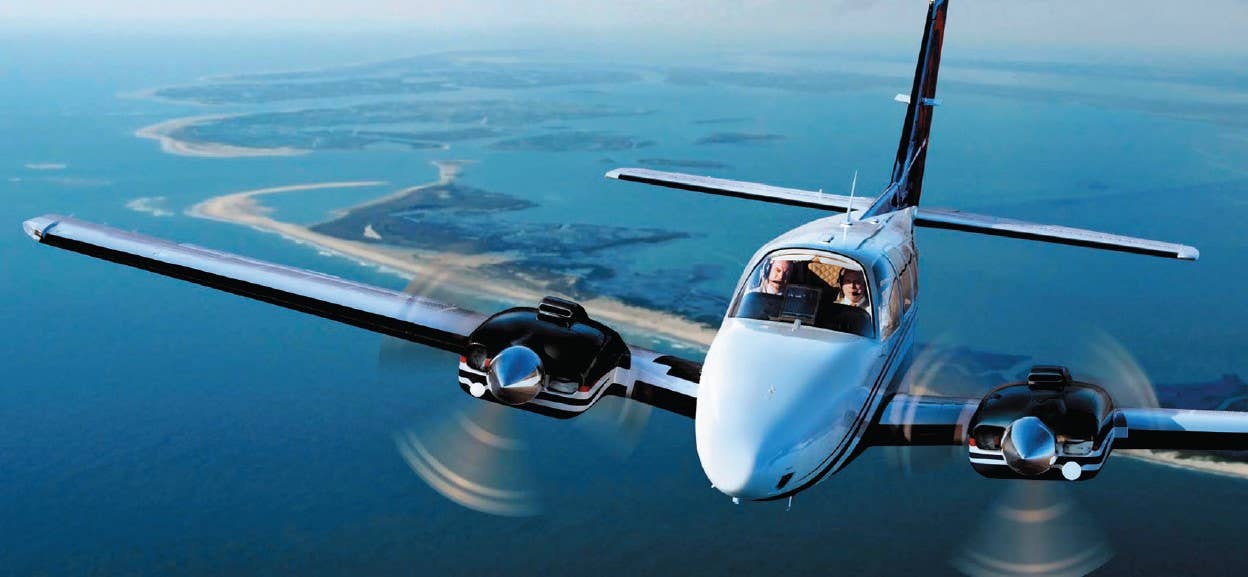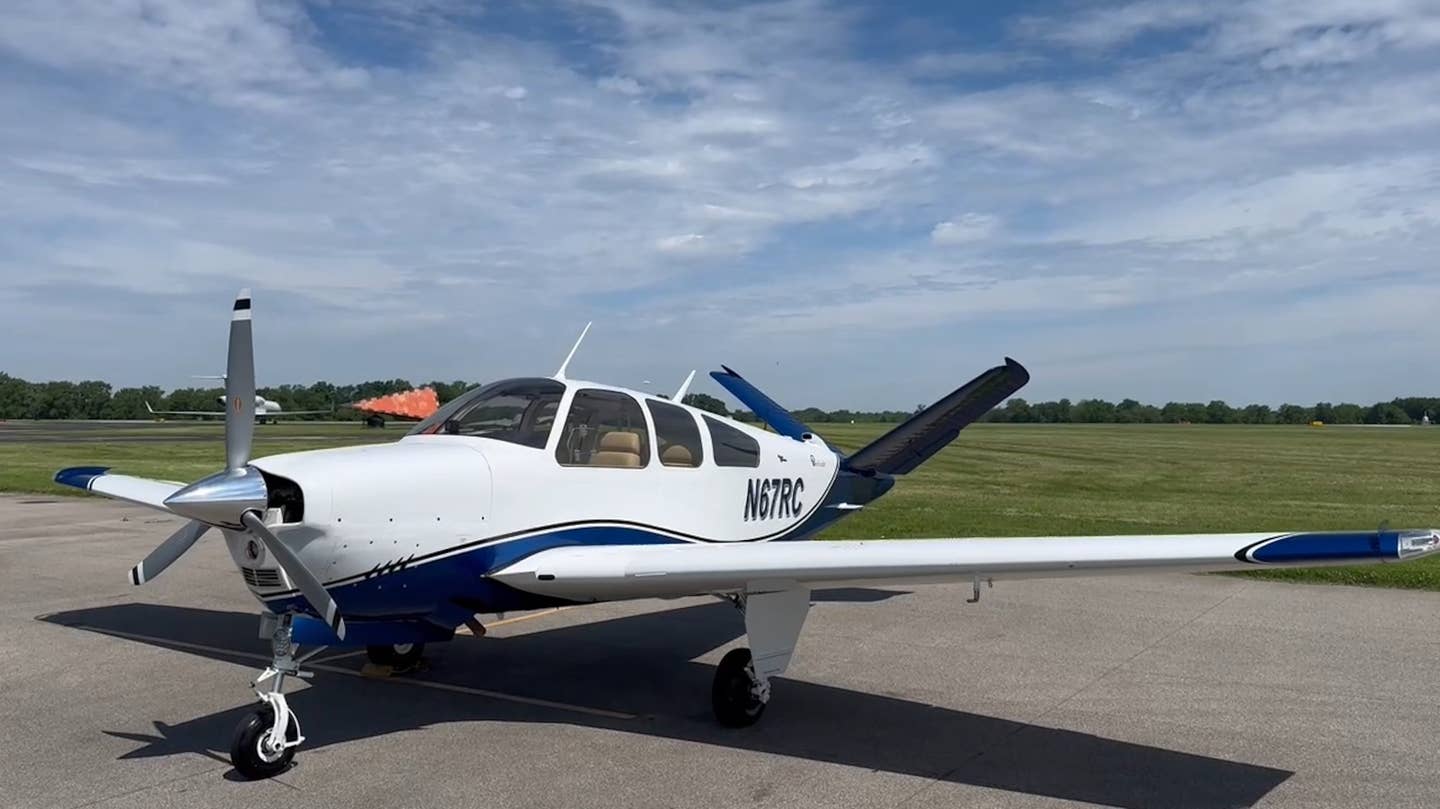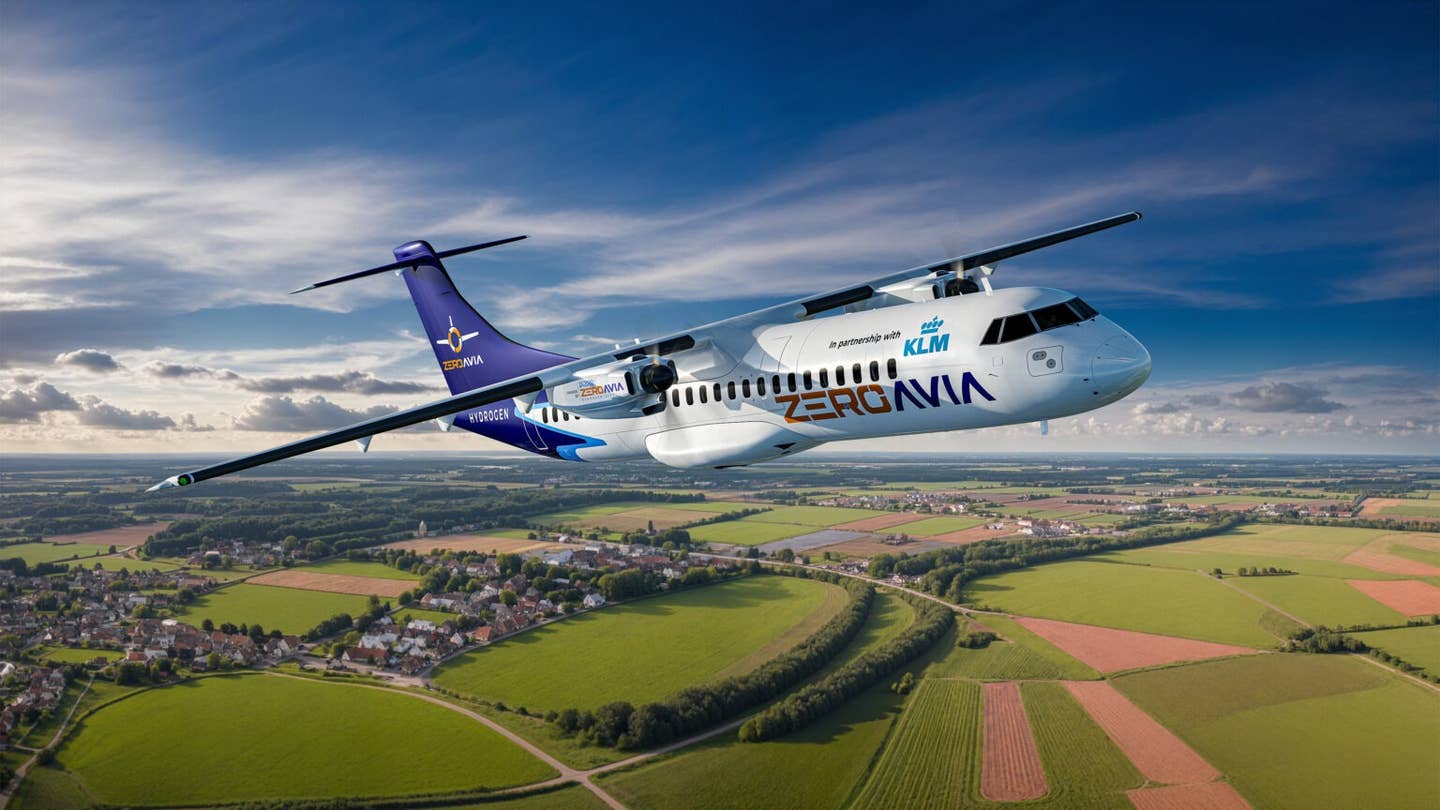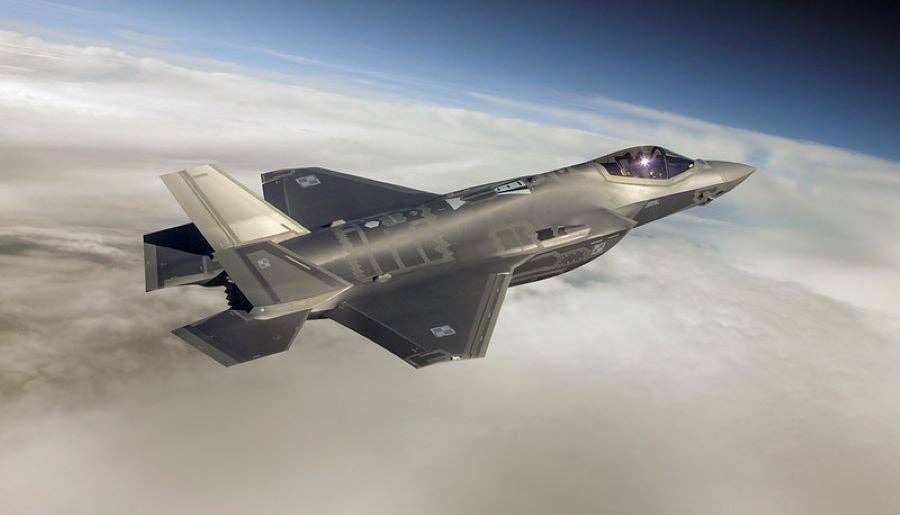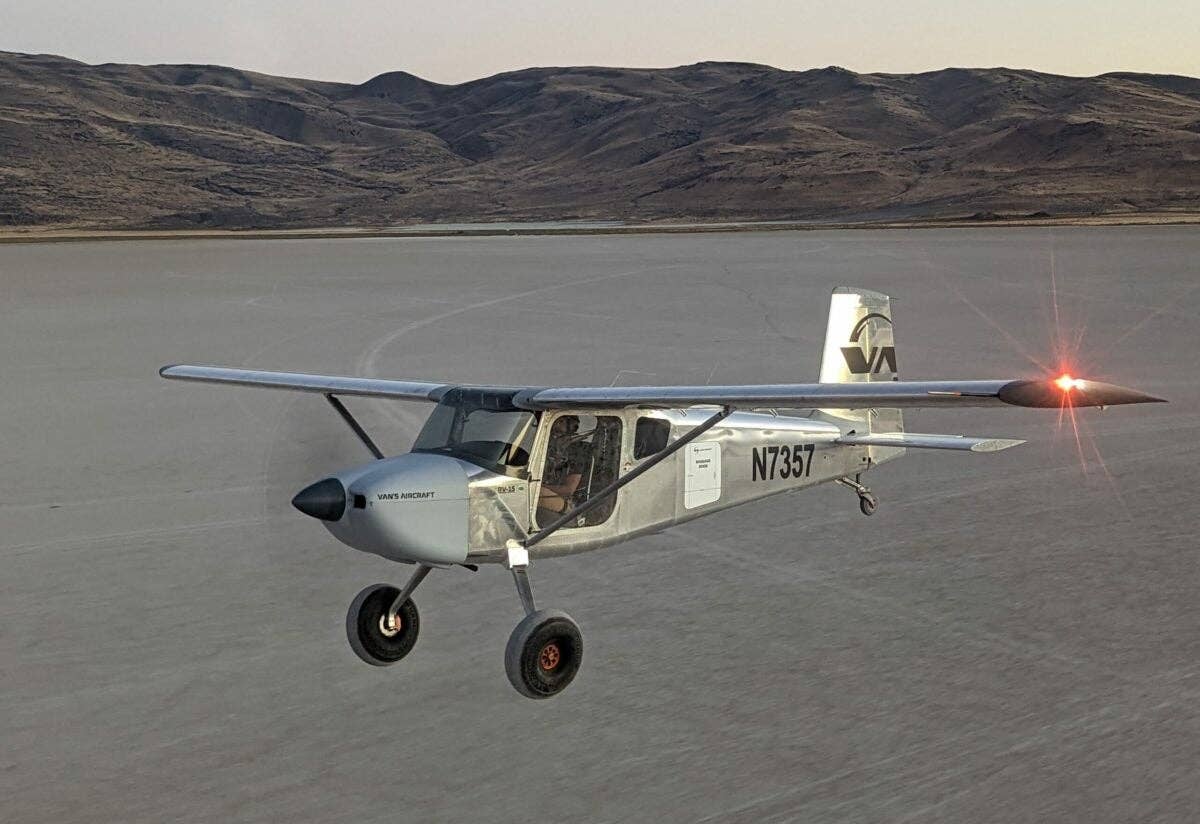MagniX Powers First Flight of Eviation’s ‘Alice’ All-Electric Commuter
The commuter aircraft prototype was powered by two magniX magni650 Electric Propulsion Units (EPUs).
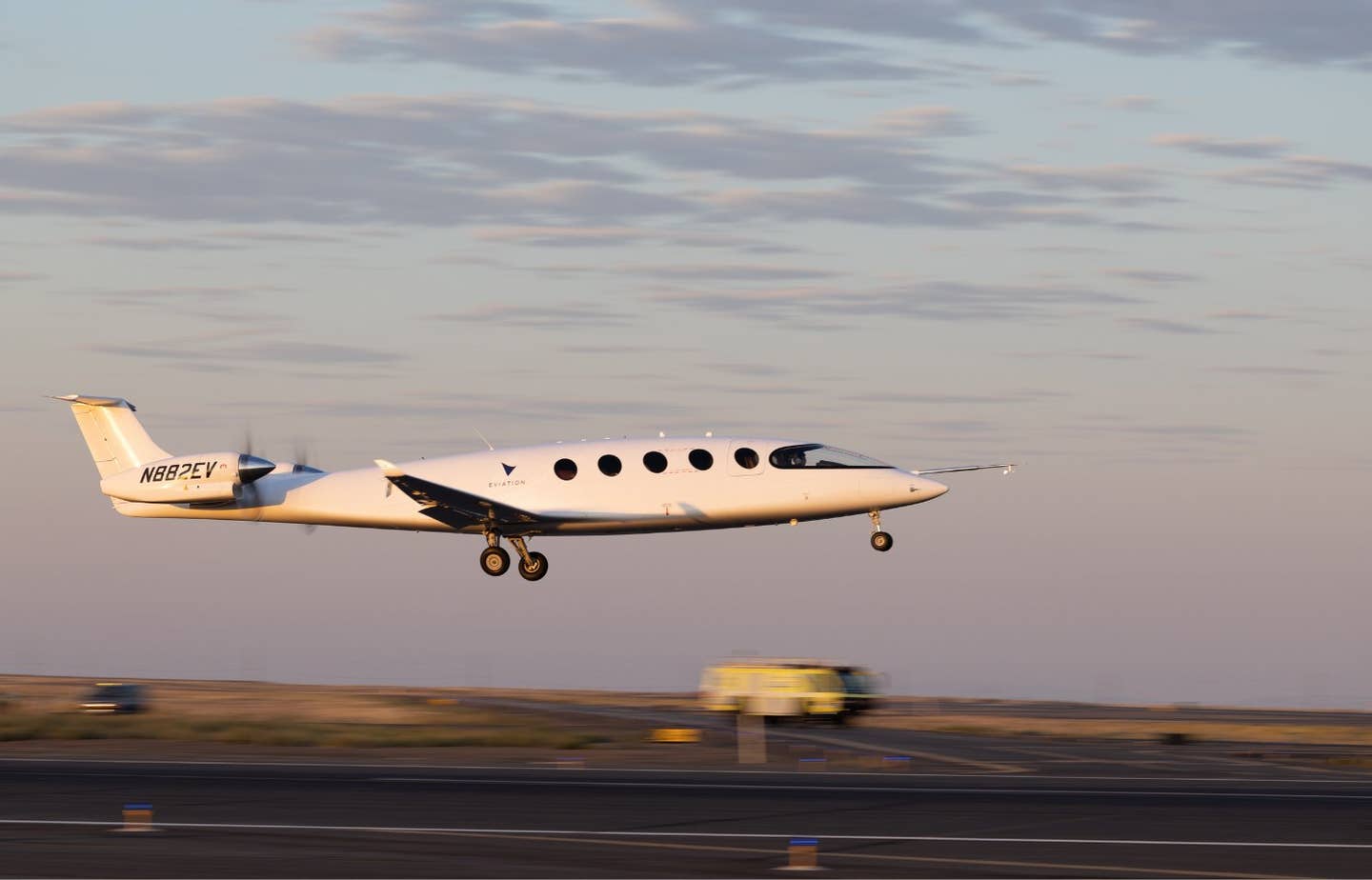
The commuter aircraft platform was powered by two magniX magni650 electric propulsion units (EPUs). [Courtesy: magniX]
When Eviation’s electric aircraft demonstrator, Alice, took to the skies earlier this week, that wasn't the only milestone the test flight marked. The commuter aircraft platform was powered by two magniX magni650 electric propulsion units (EPUs). MagniX is one of the upstarts that is contributing to the electric flight revolution and is doing so by turning permanent magnet motors and superconducting technologies into electric propulsion units.
"The first flight of Alice represents the new dawn of electric flight and underpins magniX's industry leadership in electric propulsion," magniX CEO Nuno Taborda said following Eviation's successful Alice demo flight.
So far, magniX has developed a family of electric propulsion units (EPUs) for aerospace and defense applications that the company says work with multiple energy sources, including batteries and fuel cells. Aside from Alice, the Seattle, Washington-based company has also deployed its concept by retrofitting a de Havilland Beaver on floats, a Cessna Grand Caravan, and a Robinson R44 helicopter.
Focused on the Future
The company is now focused on earning an FAA Part 33 certification, which is the section that determines airworthiness standards for aircraft engines, in addition to issuing and modifying type certificates for the powerplants. MagniX said in a statement that the FAA had granted it the first, and according to its knowledge, the only, special conditions for establishing full certification of electric propulsion for aircraft.
Last year, NASA awarded magniX $74.3 million as part of the space agency's Electric Powertrain Flight Demonstration (EPFD) program to develop electric propulsion technologies for aircraft to introduce them to aviation fleets by 2035.
As part of that NASA partnership, in April this year, magniX partnered with AeroTEC and Air Tindi to power a hybrid de Havilland Canada Dash 7 aircraft, with a first flight planned for 2025. When that occurs, retrofitted DHC-7 aircraft will be powered by two Pratt & Whitney PT6 engines and two magniX magni650 electric propulsion units (EPUs).

Subscribe to Our Newsletter
Get the latest FLYING stories delivered directly to your inbox

